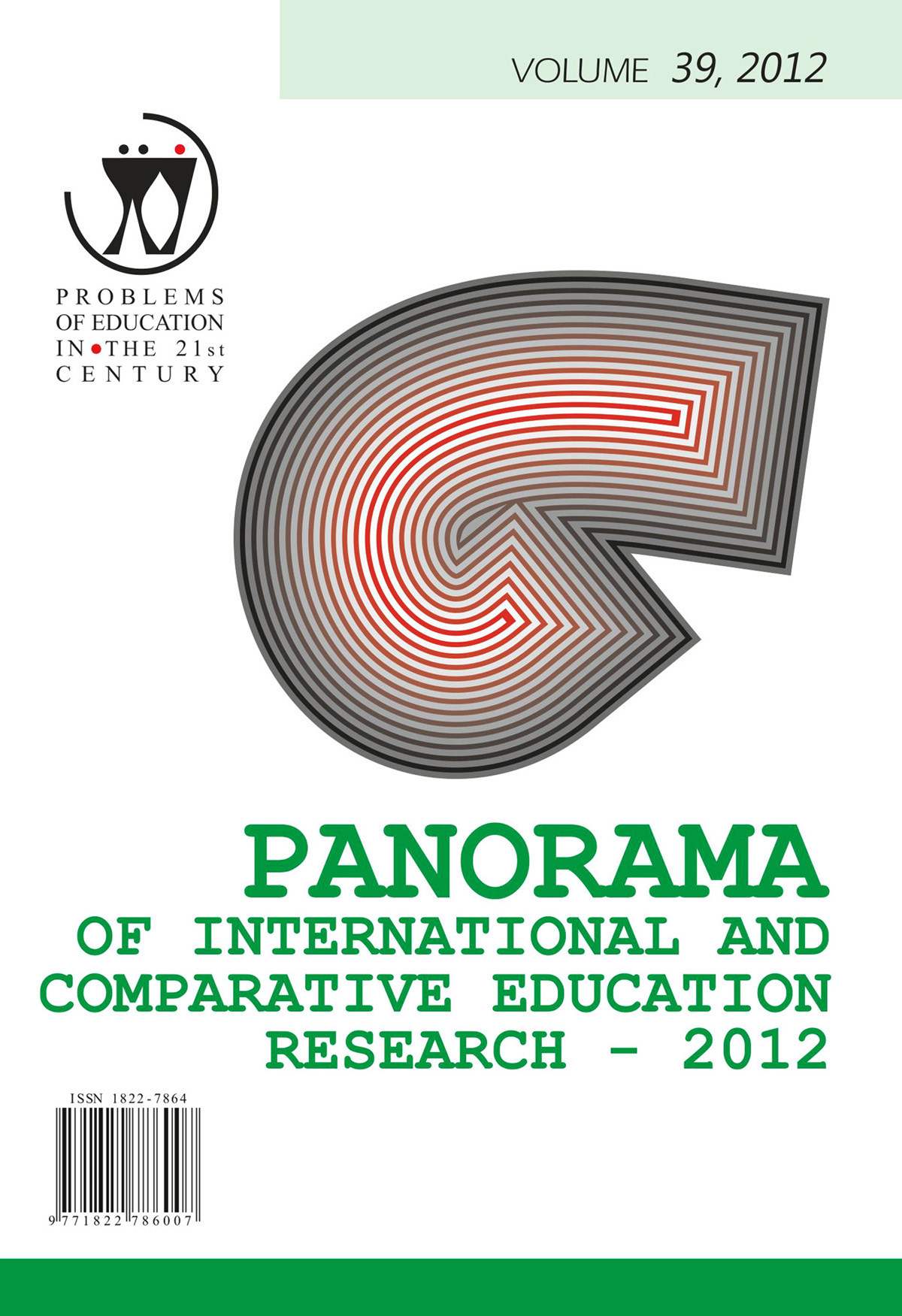GENDER DIFFERENCES IN TEACHERS' BELIEFS AND PRIMARY SCHOOL CHILDREN'S ACHIEVEMENT IN MATHEMATICS
GENDER DIFFERENCES IN TEACHERS' BELIEFS AND PRIMARY SCHOOL CHILDREN'S ACHIEVEMENT IN MATHEMATICS
Author(s): Inger Throndsen, Are TurmoSubject(s): Education, School education
Published by: Scientia Socialis, UAB
Keywords: mathematics achievement; primary school; teachers’ beliefs;
Summary/Abstract: The main purpose of this study was to examine differences in male and female teachers’ beliefs about their math instruction, and the relationship between boys and girls math achievement and teachers’ beliefs. The samples were primary mathematics teachers (N=521) and Year 2 and Year 3 students (N=9980) from 127 schools. A questionnaire was used to examine primary math teachers' goal structure for students, approaches to instruction, and personal teaching efficacy. Students’ math achievement was assessed by national diagnostic math tests. The teachers were generally oriented towards mastery goals and mastery approaches to instruction, and reported high personal teaching efficacy. However, female teachers report somewhat higher levels of mastery goal structure for students and mastery approaches to instruction, while male teachers report a somewhat higher level of performance approaches to instruction. Positive relations between students' math performance and teachers’ mastery orientation, mastery approaches to instruction, and teaching efficacy were also found. These relationships were somewhat stronger for girls than for boys. In conclusion, the relationship between teachers’ beliefs and students’ performance were different for male and female teachers, respectively. In future studies qualitative research methods should be included.
Journal: Problems of Education in the 21st Century
- Issue Year: 39/2012
- Issue No: 1
- Page Range: 159-170
- Page Count: 12
- Language: English

